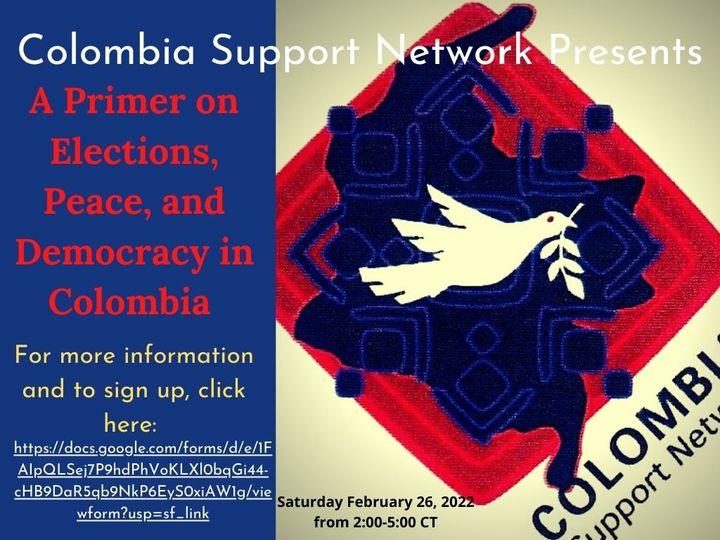IFOR-International Fellowship of Reconciliation, together with FOR Peace Presence and FOR Austria, is pleased to invite you to an anniversary webinar series to celebrate 25 years of the Peace Community of San José de Apartadó and 20 years of FOR Peace Presence. Topics in the three-part webinar series will include "20 Years of International Accompaniment in Colombia," "The Peace Community of San José de Apartadó: 25 Years of Resistance to Violence, " and "Peace Efforts in Colombia: Current Challenges and Opportunities." The program will be available in both Spanish and English.
- Home
- About Us
- Issues
- Countries
- Rapid Response Network
- Young Adults
- Get Involved
- Calendar
- Donate
- Blog



